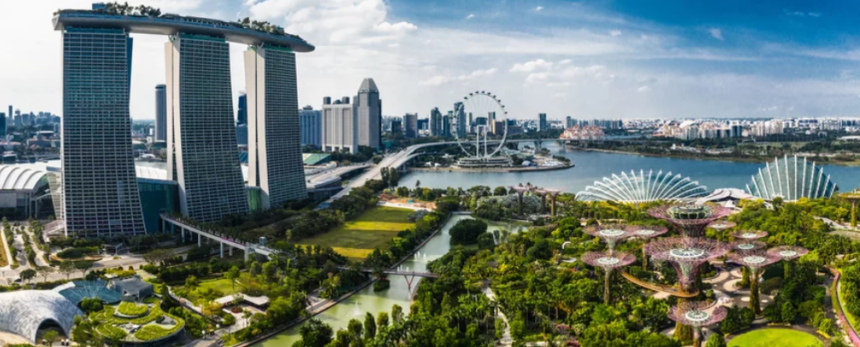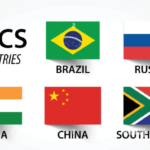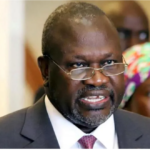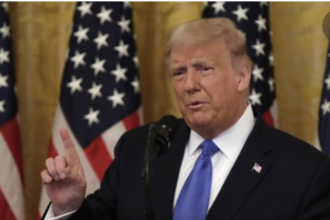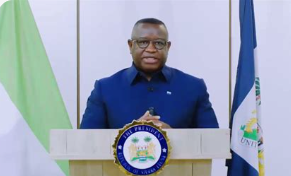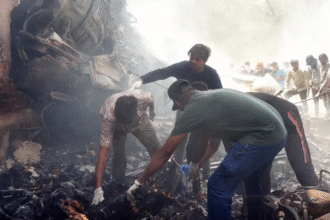Monrovia, Liberia – Liberia has the potential to transform itself into the “Singapore of Africa” with the implementation of strategic policies and targeted programs, according to a leading public policy professional and voice in the nation’s development sector, Jones N. Williams, City Manager of Monrovia, the country’s political and economic capital.
Williams, speaking at a recent World Water Day program celebration in Monrovia, highlighted Liberia’s abundant natural resources, strategic geographic location, and a burgeoning young population as key ingredients for success. He argued that by focusing on key areas such as education, infrastructure development, and good governance, Liberia could emulate Singapore’s remarkable economic transformation.
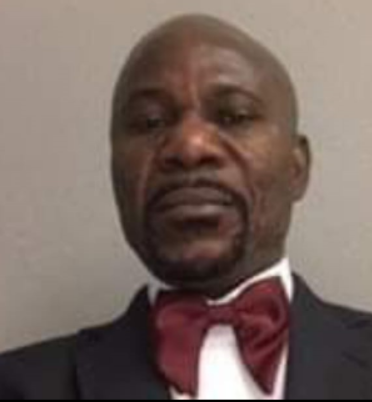
“Singapore’s journey from a resource-poor nation to a global economic powerhouse demonstrates the power of vision, strategic planning, and a commitment to excellence,” Williams stated. “Liberia possesses its own unique advantages and with the right leadership and collective will, we can achieve a similar level of progress and prosperity.”
Williams emphasized the importance of investing heavily in education and skills development, particularly in areas critical for economic growth such as technology, engineering, and entrepreneurship. He also stressed the need for significant improvements in infrastructure, including roads, ports, and energy supply, to attract foreign investment and facilitate trade.
Furthermore, Williams highlighted the crucial role of good governance in fostering a stable and transparent business environment. He advocated for strong anti-corruption measures, streamlined regulatory processes, and the promotion of the rule of law to attract foreign direct investment and build investor confidence.
“We need to create an environment where businesses can thrive, innovation is encouraged, and the benefits of economic growth are shared equitably,” Williams said. “This requires a concerted effort from government, the private sector, and civil society.”
While acknowledging the significant challenges Liberia faces, including poverty, unemployment, and institutional weaknesses, Williams remained optimistic about the country’s future. He urged Liberians to embrace a “can-do” attitude and work together to build a more prosperous and equitable society.
“The journey will not be easy, but the potential rewards are immense,” Williams concluded. “By learning from Singapore’s success story and adapting its principles to our own context, we can transform Liberia into a beacon of hope and opportunity in Africa.”
Like Singapore, Liberia can turn itself into a low-tax jurisdiction. With a flat one-tier corporate tax rate of 17% that should be enhanced further by attractive tax incentives, Singapore’s corporate tax is one of the lowest in the world. Apart from putting in place sound economic policies, Liberia can do what Singapore has done by introducing education initiatives and policies such as bilingualism and literacy, which will develop its workforce to a highly skilled one that can communicate effectively with both the Western countries, Europe and Asia.
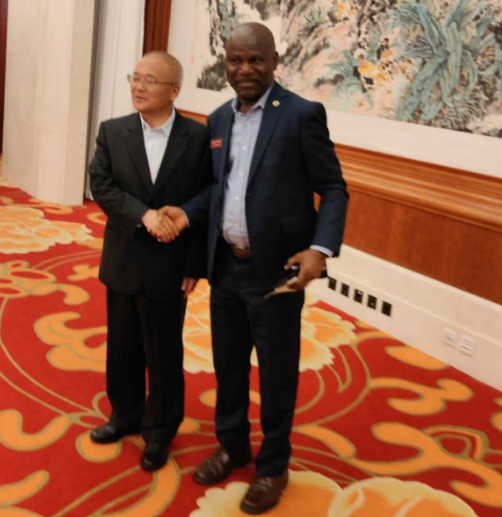
Moreover, like Singapore, the Liberian government should continuously pre-empt and anticipate challenges and demands in the global economy, and ensure that its technological infrastructure stays ahead of the game, to ensure that it remains highly competitive in the global market. This is why, in fact, Singapore, for the tenth consecutive year, has obtained the World Bank’s endorsement as the best country in the world to do business.
Liberia (5.4 million people) and Singapore have around the same population. Singapore, with a population of 5.92 million people, there is an enormous population density of 8,230.4 inhabitants per square kilometer. This makes Singapore the third most densely populated country in the world after Macau and Monaco.


